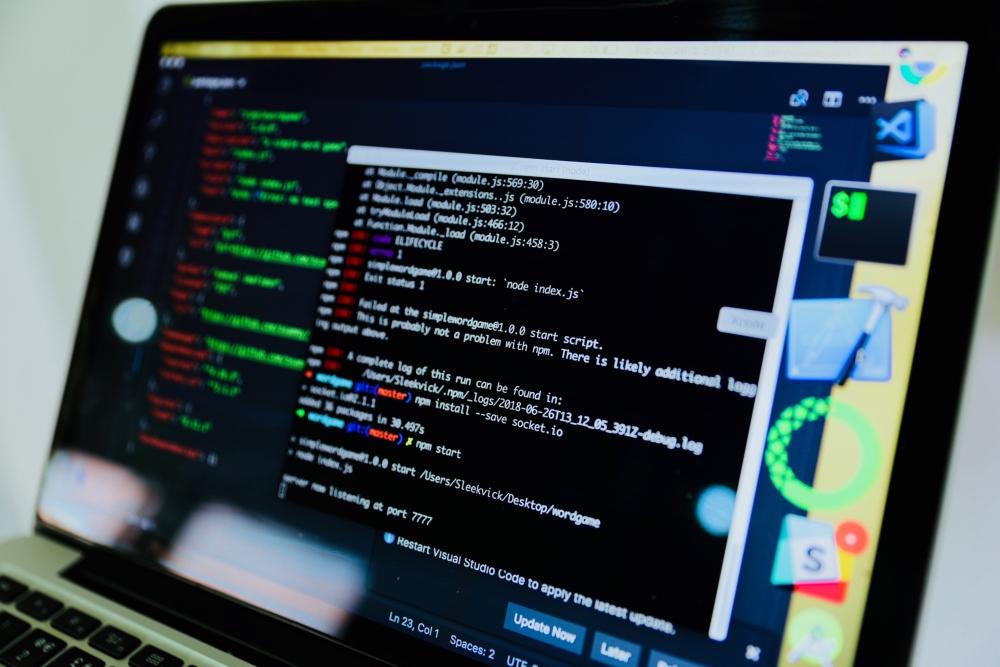The introduction of computer technology has also introduced several laws for using software and the internet properly. Some of the main software and internet laws are briefly discussed in this article to bring awareness to how users should be using their computers.
Software Law
1. Trade Secret Protection
This law ensures secrecy required by any trade and helps in controlling the disclosure of trade secrets. It also helps in controlling the misuse of the trade secrets as well as use of trade secrets for unlawful purposes by reversing the technique illegally.
2. Copyright Law
This law protects the misuse of software options. It helps in protecting software from being copied by someone else for using it without the permission of its developer.
3. Patent Protection
This law helps in deciding whether the software developed by the developers is valid for any patent. If the software has been patented, then its design should not be copied or misused by anyone else without the consent of its developer. Patent protections for anti-virus software are very important and are almost always needed for commercial use.
4. Trademark and Trade Dress
This software law protects a software program through trademark. These trademarks can be used to lockout standardization and the compatibility of the devices.
5. Sui Generis Protection of Computer Technology
This law has been proposed along with Semiconductor Chip Protection Act for protecting databases as well as software developed by developers from time to time.
6. Software Licensing
This law allows a developer to get license for selling the software developed by him by forming a written contract and offers warranties and terms of enforcement of the laws of software to protect his rights. It also sets the boundaries of the contract IP.
7. Antitrust in the Computer Industry
This law sets the principles of antitrust law for the computer industry to protect the users of software computer programs from their monopolization and restraining the trade practices on a contract basis. It also helps in the acquisition and mergers of the computer programs and suggests remedies for antitrust problems.
8. International Protection of Computer Technology
This software law helps in protecting all computer technology by implementing the other laws discussed here above on international level. This is very important, especially when outsourcing your software development.
Internet Law
1. Jurisdiction and Choice of Law
This law allows the developer to establish his personal jurisdiction so that he can claim damages for any kind of violation of his jurisdiction by someone else in the future.
2. Intellectual Property in Cyberspace
This law is similar to the trade mark law discussed above in software law section. The software program developed by a developer is his intellectual property in cyberspace and no one can use it without his permission.
3. Content Regulation
This law regulates the misuse of content of a website and protects the owner of that website from defamation due to the misuse of his content with malicious intent.
4. Computer Crimes
This law evaluates the crimes done by using computer technology.
5. Privacy, Anonymity and Encryption
This law helps in protecting the privacy of the software developers by keeping their name secret and protecting their software from unauthorized conversions.
6. Electronic Commerce
This law checks the background of the e-commerce companies as well as helps in making online contracts and payment options along with online taxation policies for them.
7. Internet Governance
This law helps in controlling the legal usage of the internet.
Bottom Line
The software and internet laws discussed briefly in this write-up can help in ensuring fair use of computer technology. A few of the basic software and internet laws include copyright law, trade secret protection, electronic commerce, content regulation, among many others. It is critical to adhere to such laws in order to avoid any issues with law officials.
